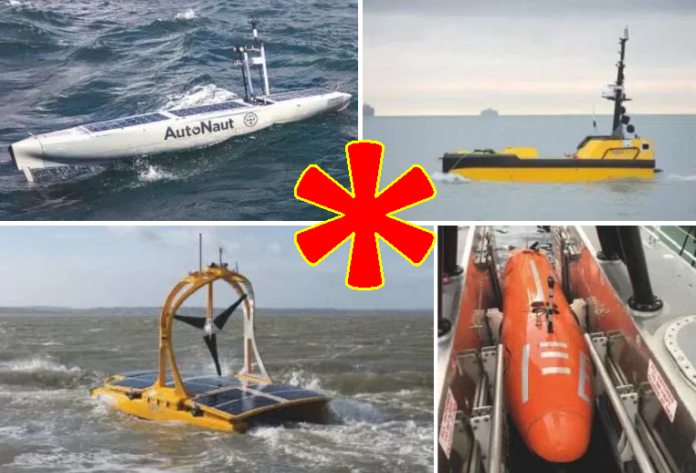
(www.MaritimeCyprus.com) The development of Maritime Autonomous Surface Ships (MASS) has continued at a very significant pace over the last few years with more vessels entering operation all the time. They come in a variety of sizes and have a very diverse set of operational capabilities which all place their own unique demands on those who own and operate them and the remainder of the Maritime Community. MASS are an element of the development of Robotics and Artificial Intelligence (RAI) systems across the various transport sectors.
The UK Industry Code of Practice has been prepared by the UK Maritime Autonomous Systems Working Group and has been published by Maritime UK through the Society of Maritime Industries. It has been reviewed by the UK Maritime and Coastguard Agency (MCA). This Industry Code of Practice seeks to provide practical guidance for the design, construction and safe operation of autonomous and semi-autonomous vessels under 24m while the more detailed regulatory framework for MASS is developed. This Code will be updated as required when guidance from the IMO Regulatory Scoping Exercise is published, and as the MCA develops policies to meet the needs of forthcoming technological, commercial and regulatory developments.
Background
a. The development of Maritime Autonomous Surface Ships (MASS) has continued at a very significant pace over the last few years with more vessels entering operation all the time. They come in a variety of sizes and have a very diverse set of operational capabilities which all place their own unique demands on those who own and operate them and the remainder of the Maritime Community. MASS are an element of the development of Robotics and Artificial Intelligence (RAI) systems across the various transport sectors.
b. The term MASS has been adopted by the Maritime Safety Committee (MSC) of the International Maritime Organisation (IMO) for their scoping exercise which was accepted at MSC 98 on the 13th June 2017. The Executive Summary of the submission for the Scoping Exercise acknowledges that ‘the use of MASS creates the need for a regulatory framework for such ships and their interaction and co-existence with manned ships This document invites the [Maritime Safety] Committee to undertake a regulatory scoping exercise to establish the extent of the need to amend the regulatory framework to enable the safe, secure and environmentally sustainable operation of MASS within the existing IMO instruments’.
c. This Code of Practice (“Code”) has been prepared by the UK Maritime Autonomous Systems Working Group (MASRWG) and has been published by Maritime UK through the Society of Maritime Industries. It has been reviewed by the UK Maritime and Coastguard Agency (MCA) and the Agency will need to conduct a number of regulatory scrutiny processes before it will be in a position to publish this style of document. This will depend to some extent on the progress made within the IMO Scoping Exercise. For the interim period, this Industry Code of Practice seeks to provide practical guidance for the design, construction and safe operation of autonomous and semi-autonomous vessels under 24m while the more detailed regulatory framework for MASS is developed. This Code will be updated as required when guidance from the IMO Regulatory Scoping Exercise is published, and as the MCA develops policies to meet the needs of forthcoming technological, commercial and regulatory developments.
d. The primary aim in developing the Code has been to set initial standards and best practice for those who design, build, manufacture (including testing and commissioning), own, operate and control of MASS of less than 24 metres in length. But it will establish some principles and guidance which will be applicable for those operating larger vessels. It should be read in conjunction with ‘An Industry Code of Conduct’ for Maritime Autonomous Systems (Surface) which was published by the UK Marine Industries Alliance in March 2016.
e. The Code also deals with the equally important subject of remote manning and of the training and qualifications needed for those operating MASS, wherever they may be sited. 1.1.6 The intent is to ensure a degree of equivalence with the provisions of the current IMO instruments (COLREGS, SOLAS, MARPOL, and STCW) and to provide links to related documentation (e.g. ISPS, IMDG, ISM, Fire Safety Code and the Load Line Convention).
f. The Code also aligns with other relevant documents, for example the Lloyds Register Unmanned Marine Systems Code and the SARUMS Best Practice Guide for Unmanned Maritime Systems.
g. The Code provides guidance for MASS which are registered in the United Kingdom, specifically those less than 24 metres in length, and to other similar MASS operating within the United Kingdom or United Kingdom waters (at sea and/or inland waters).
h. It is considered that it can also be applied effectively to MASS operating in other parts of the world under similar environmental and operating conditions to those of the UK.
i. United Kingdom registered MASS, to which this Code applies, when operating outside of United Kingdom waters, may however be subject to additional requirements of overseas administrations. Owners/operators/managing agents should contact the relevant administration controlling those waters regarding the acceptability of the Code and any other requirements to which they may have to adhere.
j. Compliance with the Code in no way obviates the need for MASS operations to comply with relevant bylaws made by either the local/navigation authority or the port/harbour authority for the area in which the MASS operates. Local authorities may, for instance, have powers to require MASS to have third-party insurance cover, and to set the level of that cover.
k. Additionally, recognising that some MASS operate both at sea and on inland waterways, attention is drawn to the common approach to vessel safety adopted by the major UK inland navigation authorities. Owners/operators/managing agent(s) of such vessels should also comply with any applicable requirements of any relevant authority for the area of operation. It should also be noted that local authorities may also have powers over the use of the foreshore and landing places, and to issue licenses for their use.
l. Designers and builders of MASS will need to pay special regard to the intended area of operation and the working conditions in which a MASS will be subjected when selecting the standards for the design and specification of the craft, and the materials, products or components to be used in its construction. The builder, repairer or owner/managing agent of a MASS, as appropriate, should take all reasonable measures to ensure that a product, material or component fitted, or used in accordance with the measures in the Code, is suitable for the purpose intended, having regard to its location onboard the MASS, the area of operation and the weather conditions which may be encountered.
m. When new standards are developed and finalised by the British Standards Institution (BSI), European Committee for Standardization (CEN), International Maritime Organization (IMO), International Organization for Standardisation (ISO), International Electro-technical Commission (IEC) or any other international bodies, which impact upon the requirements of the Code, amendment of the Code may be considered immediately.
n. In accordance with the EU Directive 1998/34/EC, as amended by 98/48/EC, laying down a procedure for the provision of information in the field of technical standards and regulations, any requirement for goods or materials to comply with a specified standard should be satisfied by compliance with:
- a relevant standard or code of practice of a national standards body or equivalent body of any EEA State; or
- any relevant international standard recognised for use in any EEA State; or
- any relevant technical regulation with mandatory or de facto mandatory application for marketing or use in any EEA State in so far as the standard, code of practice, technical regulation or process in question enables the requirements for safety and fitness for purpose of this Code to be met in an equivalent manner. This should include consideration and acceptance of sub-contracted materials.
o. It is important to stress that, whilst all reasonable measures have been taken to develop standards which will result in the production of safe and seaworthy MASS, total safety at sea can never be guaranteed. Therefore, owners/managing agents of a MASS are encouraged to take out an appropriate policy of insurance. It is advised such insurance provide cover against any foreseeable claims that may arise. It is advised, if a policy of insurance is in force, that a copy of the Certificate of Insurance be either displayed (if practicable) or available for inspection.
To download this code of Practice, click on below image.
Source: MaritimeUK





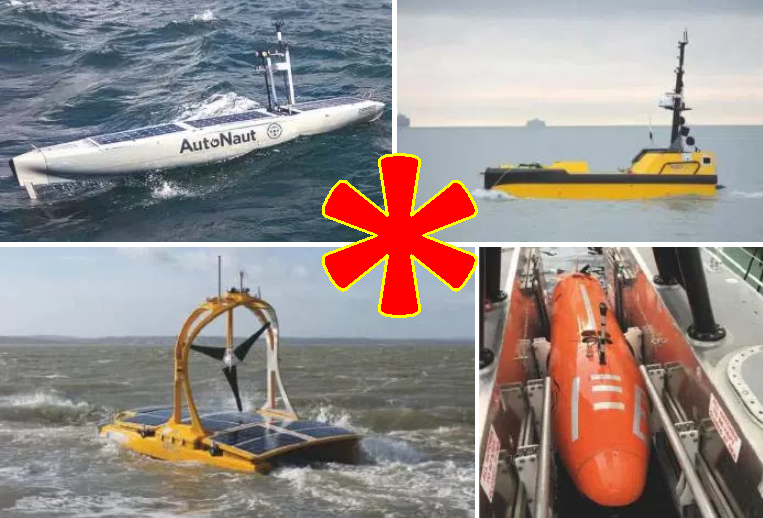
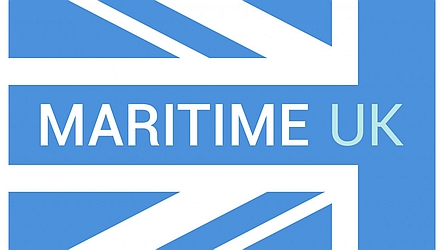
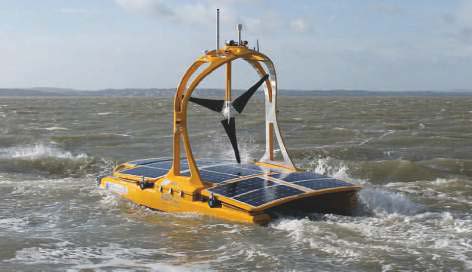
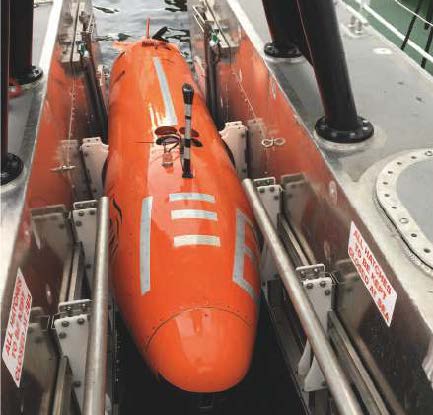
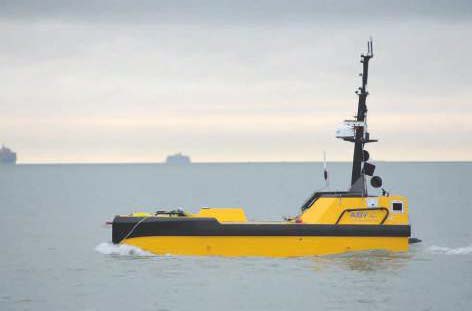
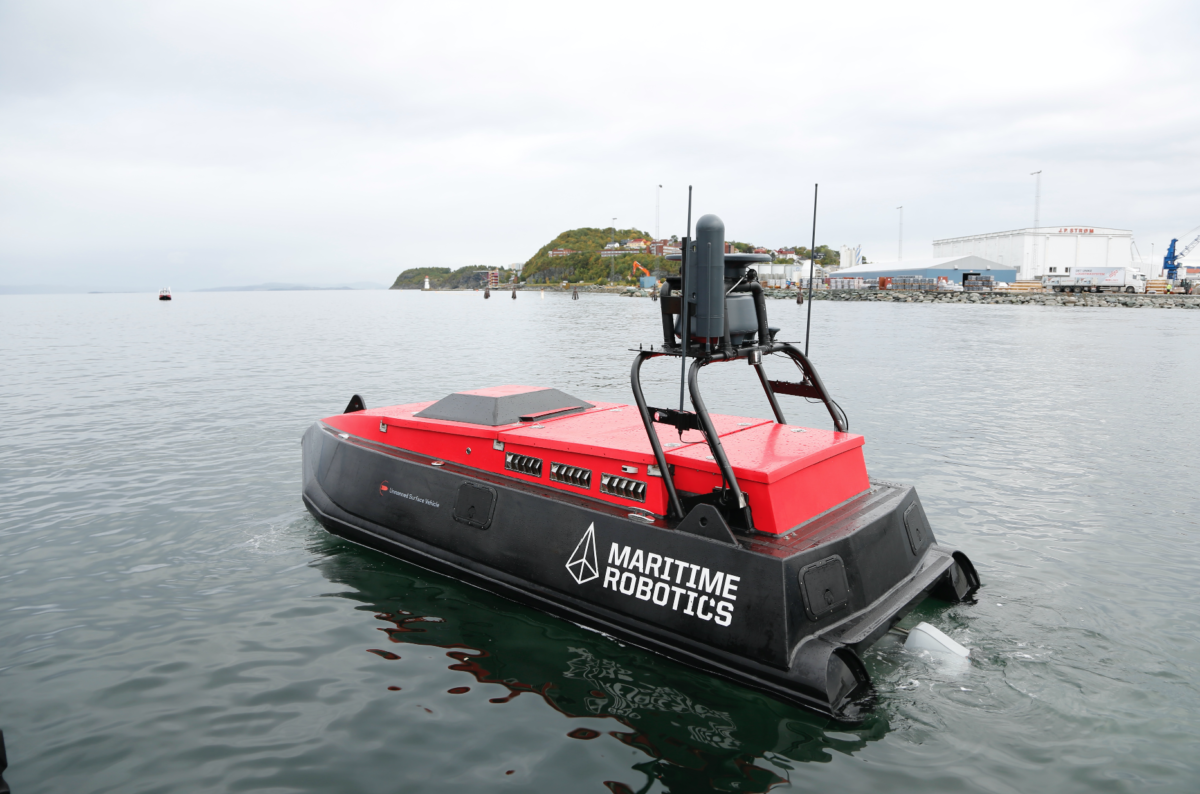
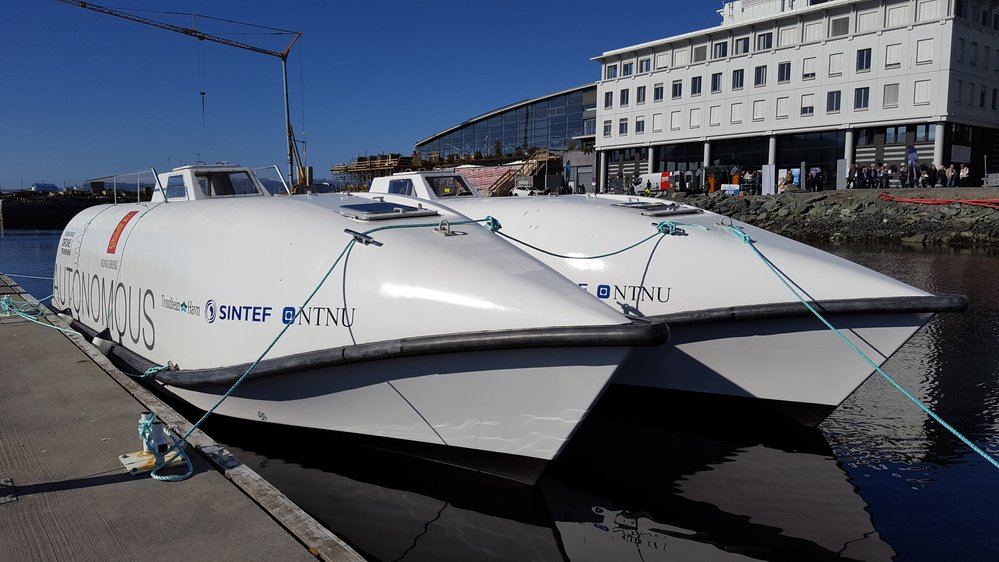
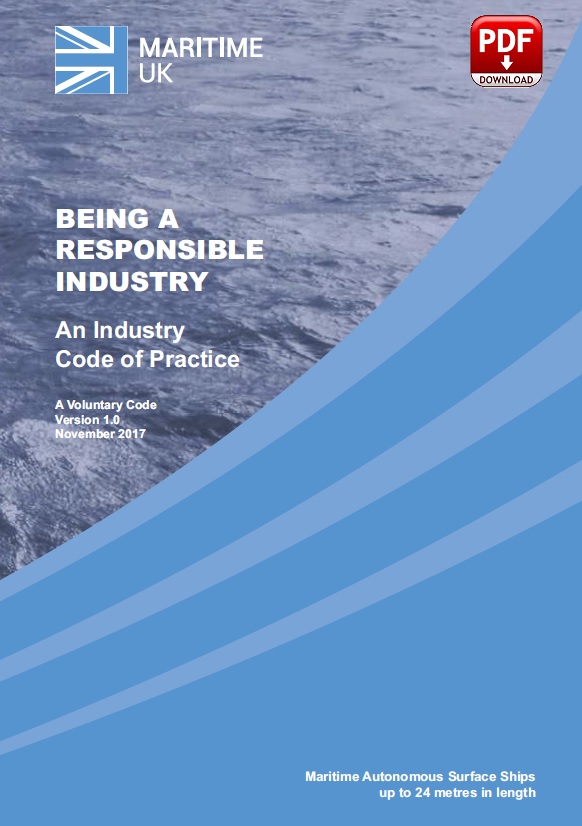








Reblogged this on Brittius.